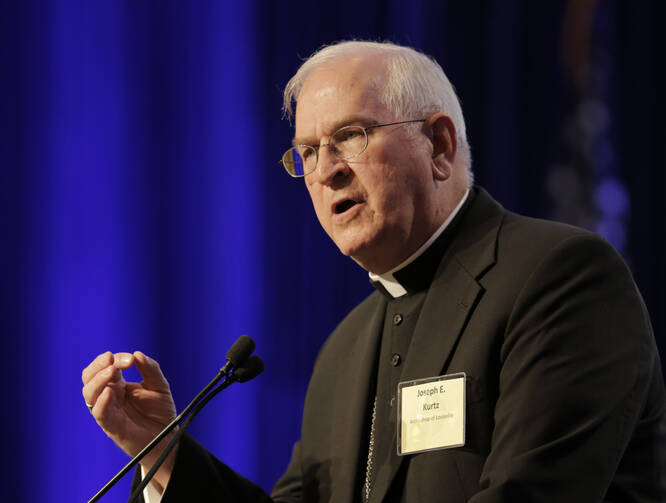Reuters reports that five more U.S. governors today said they would not allow Syrian refugees to be settled in their states, joining the governors of Alabama and Michigan. These state governors contend it is too dangerous to allow Syrian refugees into their states, citing the apparent participation of one person in the Paris attacks who may have followed the Syrian refugee trail into Europe in October.
Republican Governors Greg Abbott of Texas, Asa Hutchinson of Arkansas, Mike Pence of Indiana, Bobby Jindal of Louisiana and Phil Bryant of Mississippi said their states would no longer help support the Obama administration's goal of accepting 10,000 Syrian refugees.
"Texas cannot participate in any program that will result in Syrian refugees—any one of whom could be connected to terrorism—being resettled in Texas," Abbott said in an open letter to U.S. President Barack Obama on Monday. "Neither you nor any federal official can guarantee that Syrian refugees will not be part of any terroristic activity."
Asked to comment on the governors’ decision, Archbishop Joseph Kurtz of Louisville, president of the U.S. Conference of Catholic Bishops, said, “I imagine these are ripple effects of shock after what has happened in Paris.” But “[the church is] are always open to families coming to the United States who need help, and we are going to continue to do that.”
Archbishop Kurtz explained that he could not speak to the force of law on refugee resettlement at the state level—“[The U.S.C.C.B.] have always worked at the national level,” he said. Indeed, according to legal experts contacted by Reuters, it is unclear what authority governors had to stop admitting refugees into their states.
Archbishop Kurtz suggested that whatever the determination of the governors the church would continue its work in accepting and resettling refugees.
“We understand that there is going to be some concern and vetting” of refugees seeking protection and resettlement in the United States to make sure they have the “proper intent,” but “we are going to be ready to receive them.”
He added, “My hope would be [that when we do that] we would be within the law to welcome and accept [refugee] families and be enriched by them.”
Santa Fe Archbishop John Wester, Chairman of the bishops’ Committee on Communications, said that in light of the terrible loss of life in Paris, “fear was understandable,” but he assured that a “stringent process was already in place” to evaluate incoming refugees to the United States.








